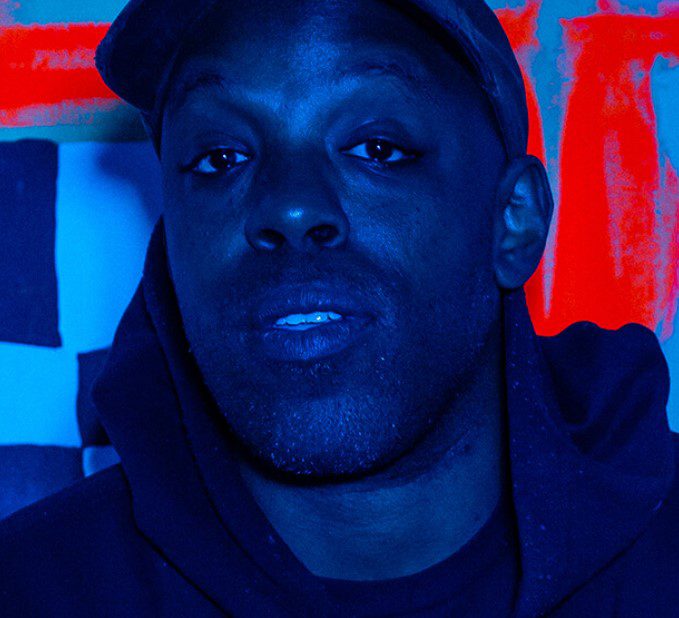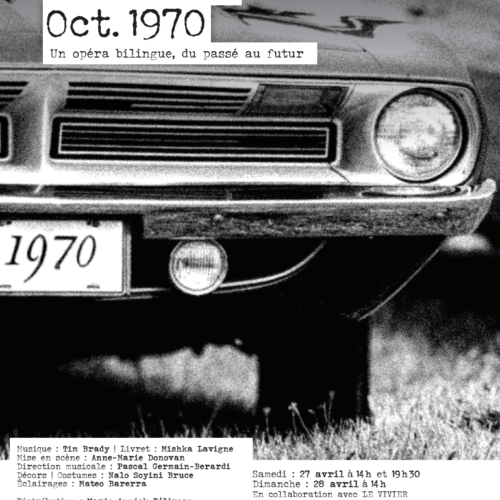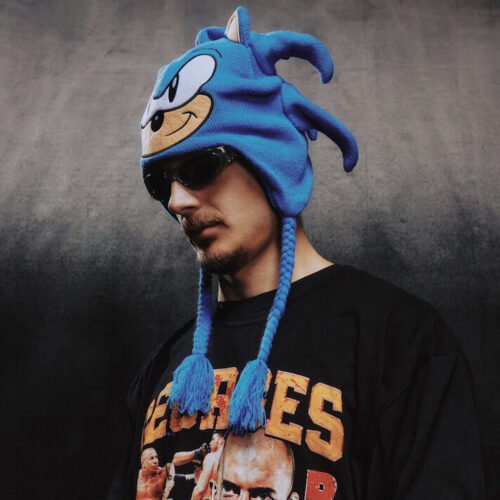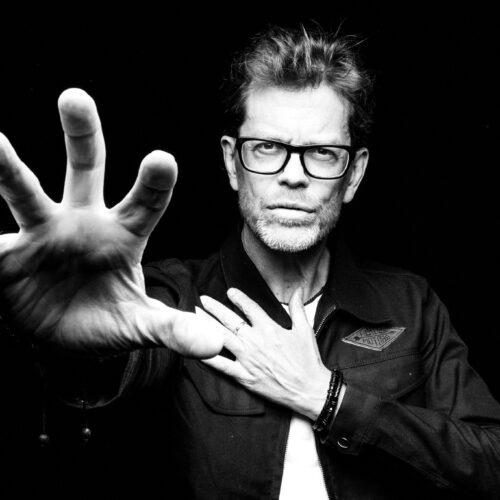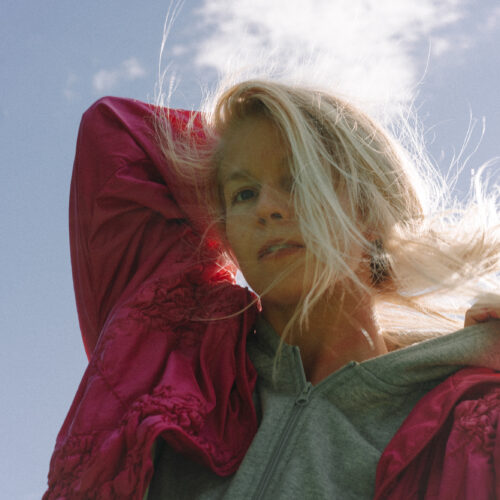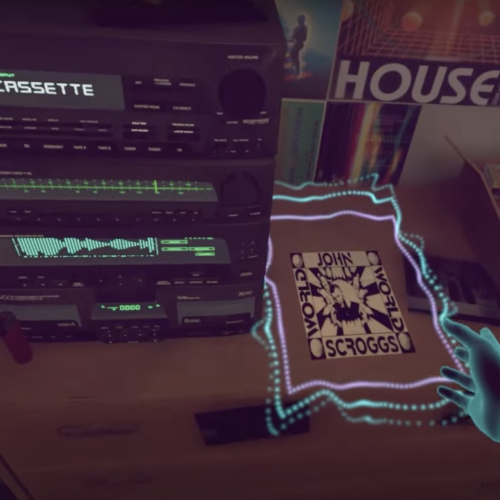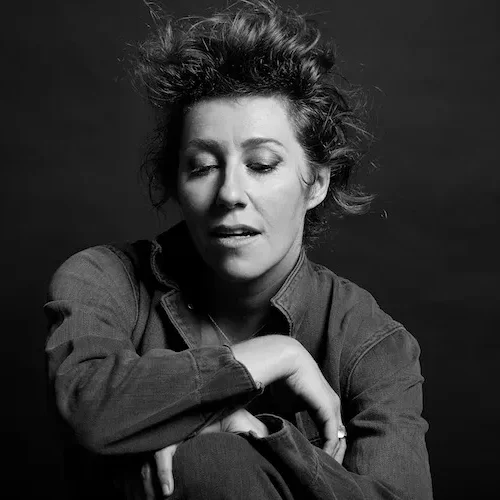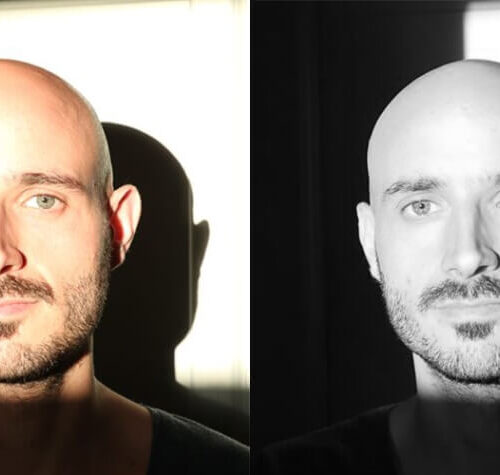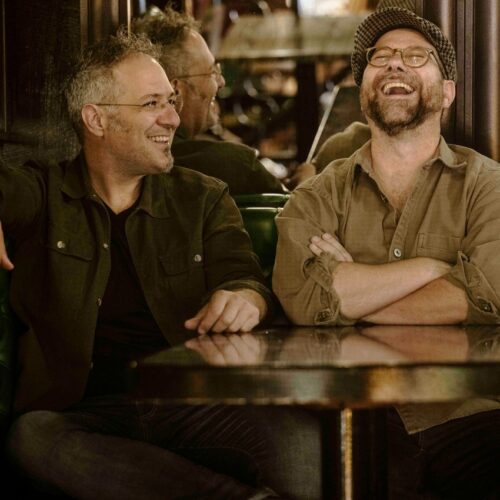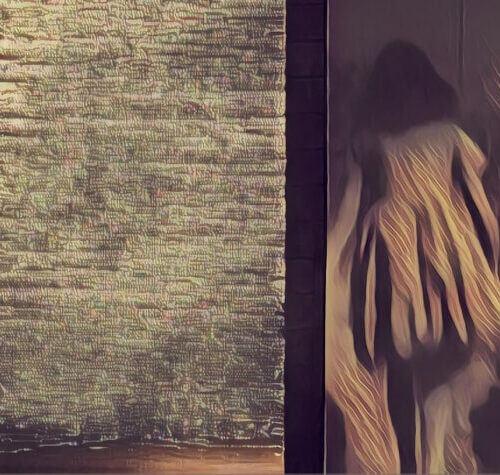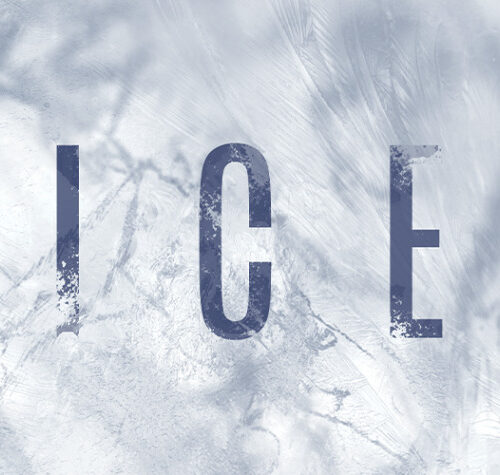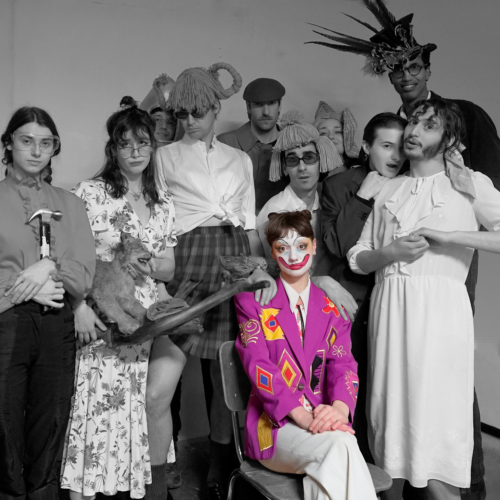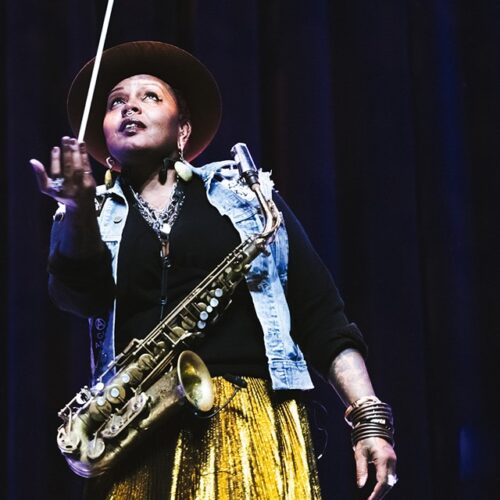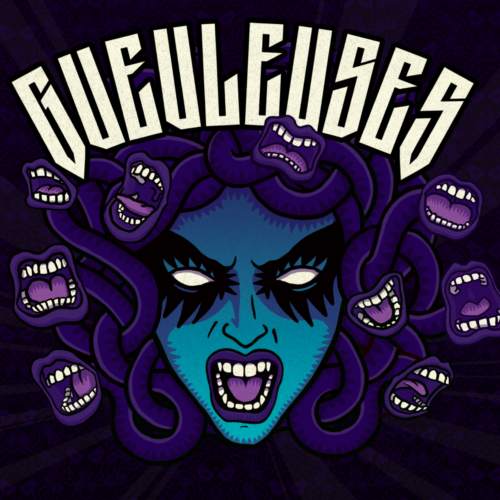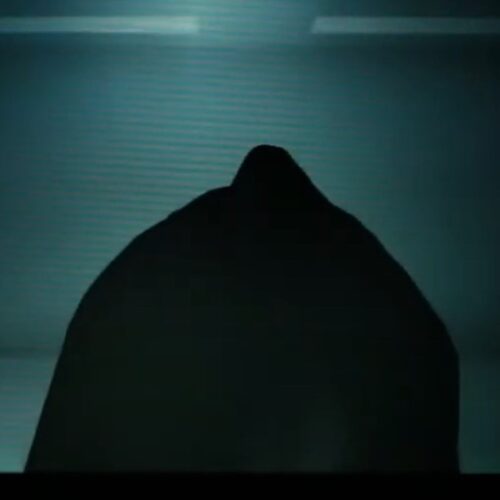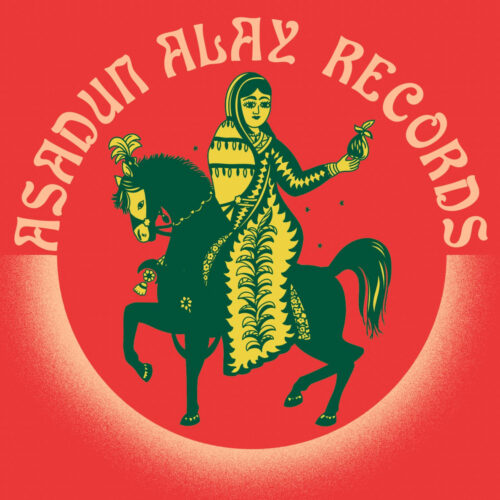Additional Information
Born to Rwandan parents, Shadrach Kabango became Shad, one of Canada’s most resonant artists of diversity. Since the mid-2000s, Shad has established himself as one of the country’s most eloquent rappers, as evidenced by his seventh album, the excellent TAO, released in October on Secret City Records. In the media, Shad is also known for his hosting skills, noting his key positions at CBC and his most important achievement, the series Hip Hop Evolution, produced and broadcasted by Netflix. PAN M 360 caught up with him to get an update on his career and his new album.
PAN M 360: Tao is the central theme. What does it mean?
Shad: For me, the spiritual side of Tao is just one side. In fact, the title also refers to the book The Age of Surveillance Capitalism by Shoshana Zuboff. That really inspired the album, and that book made me remember The Abolition of Man by C.S. Lewis. So both of those books have the acronym TAO in their title. And also, The Abolition of Man discusses the Taoist religion in it. I felt it was a good title, because it makes reference to social and philosophical issues, but also the spiritual. And I think ultimately it is a spiritual album, because it’s about connection.
PAN M 360: Can you comment on those connections you’ve explored?
Shad: I was reading The Age of Surveillance Capitalism, an excellent, essential, vital book. This book tells the story of the last 20 years, with Google and Facebook, and makes us see how much these companies have changed our lives, our worlds, our humanity, the way we think. It’s a treasure trove of data! Ultimately, it’s up to us, the people, to decide what we want, whether these technologies should serve us and humanity and what our vision of humanity is. And that made me think of The Abolition of Man, that book was written in 1943. But it deals with technology and science and what happens when we are reduced to data points, when we see ourselves as objects of science and not as something sacred. That’s where the connection between the two books happened, and really made me want to write an album about different aspects of our humanity today.
PAN M 360: Very few rappers are referring to such books as a major inspiration. How did it become an art form?
Shad: For me, it was a fun creative challenge, and that’s what I needed at this stage of my career. It got me out of bed every morning! So yes, I had to turn these big ideas into lyrics and music, into something that was first a feeling, an emotion. I also like to inject humour into what I do, as much as possible. Musically, I like to keep it dynamic, so that it’s amazing, in a world where you don’t know what’s going to happen. As a producer, I tried to keep things interesting. So yeah, it was fun for me to try to bring all these things to life. And also to break it down into smaller pieces, each aspect can be a song, following this concept of looking at the different aspects of our humanity. An aspect can be a song, so it’s digestible that way. So these are different ways that I tried to approach it, making sure that it’s fun to listen to, that it’s music.
PAN M 360: About the beatmaking and composition , where do you see yourself?
Shad: I worked with many of the same people for the most part. I followed the same process of trial and error until I got the sound I wanted. What changed this time was that I approached the technology in a different way. When I presented the Hip Hop Evolution series on Netflix, I learned an amazing thing: hip-hop is electronic music first, and also represents the evolution of technology. In this series, we often look at hip-hop as a geographical land, how the music has moved and how the culture has changed, because the music has moved to different cities and mixed with different cultures. And it’s also the history of technology, as krautrock and German electronic music embodied the ’70s. From drum machines and turntables, hip hop evolved to more sophisticated sampling machines, and so on. All that to say, it really inspired me in terms of beatmaking, even in terms of the general approach, right down to my vocal treatment. In a song like “Slot Machines”, I transformed my voice and I used a lot of digital distortions, things that might sound wrong to hip-hop purists. But then hip-hop is also about technology, so I embrace it a lot easier than I would have five years ago.
PAN M 360: Where do you see yourself in hip-hop culture right now?
Shad: I would say that what I do is pretty traditional. When I started, I was labeled very alternative, now I would say I’m pretty much rooted in tradition, even though I experiment a lot. There are songs on this album that have an industrial sound to them, others are a bit ’70s retro. It goes all over the place, and there are some very new sounds. But what I’m doing, compared to what a lot of people are doing in 2021, is relatively traditional, even though it’s experimental in many ways. For example, I don’t really sing, I rap, which is different from a lot of hip-hop today, where the line is very blurred between what is singing and what is rapping. Personally, ’90s hip-hop is in my DNA, I also like jazz, funk… What characterizes hip-hop is this real connection with the history of music. Personally, I like when music is modern but also rooted in a culture and a tradition. The Roots, Outkast, A Tribe Called Quest and others have always done that, they have integrated the music they grew up with. They’ve dug all the grooves in Black American music while adding a new piece to the tapestry.
PAN M 360: Between tradition and seeking new sounds.
Shad: That’s it. I don’t think there is an opposition between those options. The more you’re rooted in the history, the more you can expand its parameters. You actually have a better perspective on that. And that has always excited me, as a composer and as a fan of this music. I always wanted to explore and experiment and incorporate different sounds of the music that I love outside of hip-hop.
PAN M 360: Who are the crucial colleagues on TAO?
Shad: DJ T.Lo has produced a few songs and is still my tour DJ; Ric Notes has been working with me for several years; pHoenix Pagliacci is a rapper, singer and songwriter who comes up with ideas very quickly in the studio. These artists are among my privileged interlocutors. I also like to perform with musicians, each of my albums includes a dozen of them. Concerning the upcoming line-up on stage, I’m still thinking about it for the next tour. We will have to adjust to the Covid rules. We don’t know if our dates will be cancelled, and that’s a big risk. I would love to have a trumpet, a saxophone, a DJ, a bass, keyboards, a drummer with me but… I have to consider what is possible.
PAN M 360: What’s more important for you? Your artistic life, or your media life as a host and a true reprentative of Canadian diversity?
Shad: I still think of music as the core of what I do. And I think about it as the way that I get to tell people what I’m thinking in my own terms, in a kind of regular-updating sort of fashion. When I get asked to host this show or that show, I represent something. There is a line between this and my art form. I can become a symbol for certain things, still to have a little bit of space to say what I’m thinking about. It is still an important part of the puzzle for me. But my artistic career is still where I’m most comfortable. Music is how I would say it. In the age of social media, I’m not comfortable putting out my thoughts through this, it doesn’t capture what I’m really trying to say. I need music, I need stories, I need metaphors, I need space. When I’m hosting Hip Hop Evolution, for example, I really don’t see it as my platform, it is other people’s platform in hip-hop. I’m there as a guide, as somebody to help them do that. It’s not about me and telling my story, even if my face is on this. Of course I feel grateful to be part of it. We ended the series in the middle of 2000s decade. There is no plan for another season, I guess we need more distance. But yeah, I’d love to do it again.
Photo credit : Justin Broadbent
